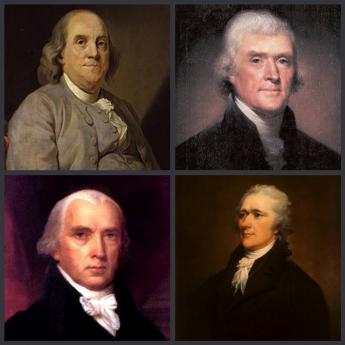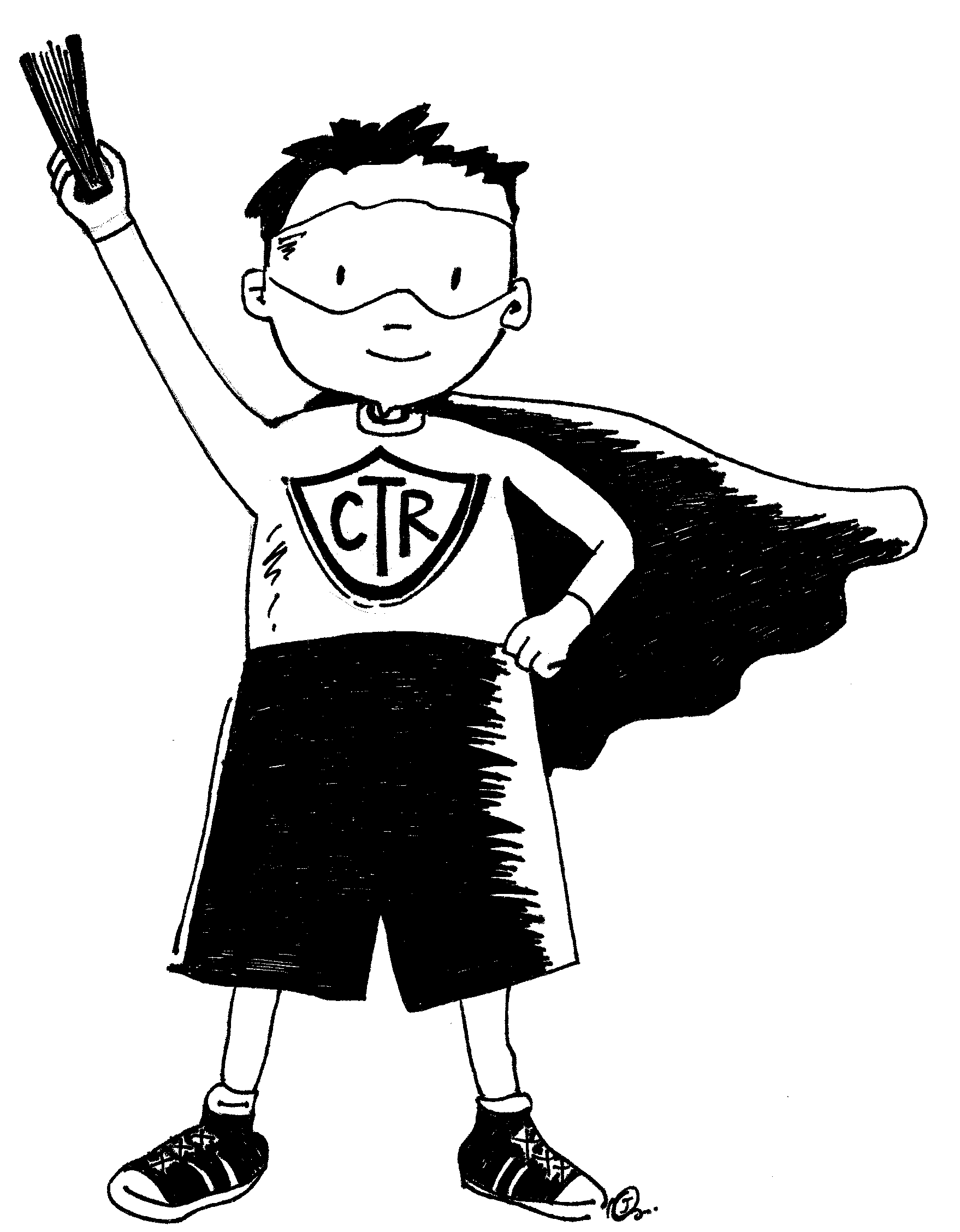Hero Study
Remember, the main point of studying a hero is to find the heroic qualities you admire about them and apply those qualities to your own life! Choose a person you admire from the time period we’re studying (approximately 1500 to 1850). Research and take notes on that person. This could include a founding father or mother, an inventor, musician, religious leader, author, ancestor, or someone else you admire and want to learn more about. Use a book from our recommended hero book list, or find other sources with the approval of your parents.
Choose a person you admire from the time period we’re studying (approximately 1500 to 1850). Research and take notes on that person. This could include a founding father or mother, an inventor, musician, religious leader, author, ancestor, or someone else you admire and want to learn more about. Use a book from our recommended hero book list, or find other sources with the approval of your parents. (Note: Wikipedia is not allowed. Copying and pasting is not allowed. This needs to be in your own words.)
Here are some ideas of thing you could include in your notes:
• your hero’s life and experiences
• how you think they filled the mission God sent them to live
• how their hard work
• education
• talents
• life challenges helped them become a better person and do something worthwhile
• how you can see God's hand in his or her life
• what Christlike characteristics that person had that you admire
Hero Report
From the notes you wrote about your hero, type up a report. See Sister Edwards' example for ideas. Read the report to the class.Hand in your report so we can see that you did it. It won't be graded or anything. If you'd like to become a better writer, you can write at the top "Feedback please."
Hero Presentation
If it's your week to present your hero report (you'll sign up for a turn), have fun with it! After researching your hero and taking notes, find some fun ways to present your hero to us! Although most inspirements are about 2-3 minutes, a hero report is meant to be 5-10 minutes, so stretch yourself and make it great!Here are some ideas:
- Dress up as your hero and read us your hero report
- Show pictures of your hero and some of the things he or she did to make the world a better place
- Perform part of a speech your hero gave, or play part of a musical composition he or she wrote
- Show us a short video clip about your hero as part of your presentation
- Create a skit that portrays your hero’s characteristics and what he or she accomplished
- Write a poem about your hero
- A short game to help you teach the class interesting things about your hero
- Be sure to include what characteristics you admire about your hero, and your plan to develop one of those characteristics.









